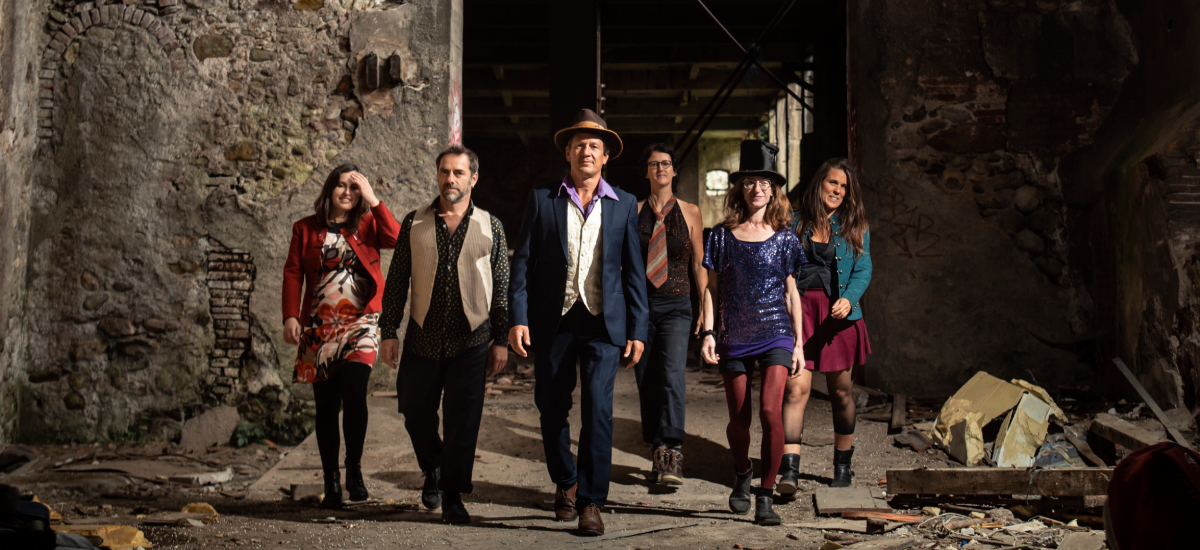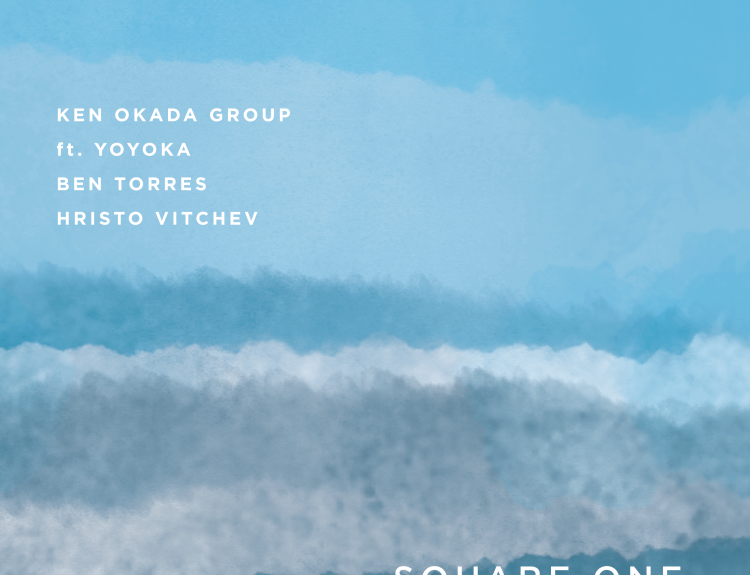Welcome, dear reader, to the world of Nothing Concrete—a Paris-based collective that refuses to be pinned down by any single genre. Formed by Fergus McKay and Gaia Miato, this ensemble has spent years weaving together afrobeat’s hypnotic pulse, blues’ earthy soul, and tango’s fiery passion into a perfect and irresistible tapestry. Their fourth studio album, “The Imperfectionist,” recorded in the lush Ariège countryside in an eco-friendly haven of their making, is a testament to the beauty of humanity’s diverse voices and the stories carried on the winds of migration.
From the breath of opener “The Boats,” we are invited aboard a voyage of shared journeys. Gentle acoustic guitar ripples like waves, while Gaia’s clear vocals float atop, calling up fragility and resolve. The boats become symbols of hope and exile—of leaving behind everything known in search of belonging. The subtle layering of hand drums and distant trumpet underscores the fragile buoyancy of each vessel, making every lyric land like a whisper on the water.
With “Broken Bird,” the band shifts to a bold narrative canvas. Fergus channels a storyteller’s grit in his delivery with each line carrying weight while a wailing slide guitar and tumbling piano chords conjure the bird’s broken wings striving skyward. There’s a rawness here, a willingness to lean into vulnerability before the song flares into a triumphant refrain that feels like a battle cry for anyone who’s ever dared to dream despite their cracks.
Upbeat horns announces “Cometh The Hour,” an elated celebration of visionaries rising from the crowd. Jazzy brass punctuates punchy drums and agile bass lines, crafting an urgent and jubilant sound. Vocally, the band comes together in sunlit harmony; each voice unique, yet united—reinforcing the message that when the moment arrives, collective spirit carries us forward.
Moving on, “Empty Whisky Bottle Mariachi Blues” surprises us with its mariachi-tinged lilt, punctuated by staccato guitar strums and mournful horn stabs that echo across dusty plazas. The title hints at sorrow and weariness, but production choices—ample reverb on the horns, intimate mic placement on the vocals make the song feel like confiding secrets in a close friend over a half-empty bottle.
Nostalgia takes center stage in “He Don’t Do Much Of That Now,” where a funky clavinet riff and wah-toned guitar riff recall the dance floors of the 1970s. In this song, the lyrics speak tenderly of a bygone lover’s quirks now lost to time. The band’s playful syncopation underpins a heartfelt vocal performance that balances playful affection with wistful regret.
The title track, “The Imperfectionist,” is undeniably the album’s heart. Keith Witty’s seasoned production amplifies the song’s every nuance—from the subtle tremolo on the guitars to the warm sweep of analog synths. Gaia’s vocals are at their most vulnerable here, quivering on lines that celebrate flaws as badges of honor. A soaring middle eight, featuring a plaintive harmonica solo, cements the song’s message: that perfection is a myth, and our humanity lives in the cracks.
Rooted in Americana, “John Henry Lee” and “No Force” explore classic folk and country textures. “John Henry Lee” opens with a skeletal banjo pattern and earnest storytelling, channeling the folklore of migrant laborers building new worlds.
In contrast, “No Force” builds on a starker arrangement—fingerpicked acoustic guitar and plaintive pedal steel—until a chorus of vocal harmonies underscores the song’s theme of resisting coercion with quiet strength.
The last but one track “S.O.S – Save Our Souls” is a study in patience and release. For nearly a minute, the instrumentation simmers—a simmering cauldron of tremolo guitar, low-end cello drones, and gentle percussion. Then, like a sudden downpour, Gaia’s voice cascades in, delivering a plea that transcends borders. The strategic restraint in the build-up makes the arrival of the vocal line feel akin to spotting land after a long storm.
Finally, “The Western” closes the album with cinematic flair. A lone whistle drifts over desert-dry guitar picking and sparse drum taps, recalling wide, open landscapes. The arrangement is hauntingly minimalist, allowing each instrument’s timbre to echo against the void, as if painting the final strokes on a sprawling sunset.
Throughout “The Imperfectionist,” Nothing Concrete demonstrates impeccable taste in production—from the eco-studio’s warm acoustics to Keith Witty’s international polish. The instrumentation remains organic and hands-on: nothing feels over-programmed or artificial. Also, the vocals are delivered with an unvarnished sincerity that invites you into the heart of each song’s story. If you crave depth, story, and sonic adventure, “The Imperfectionist” is a journey worth taking, and Nothing Concrete is the guide you didn’t know you needed.
Listen to “The Imperfectionist” album on Spotify
Follow Nothing Concrete below for more information






